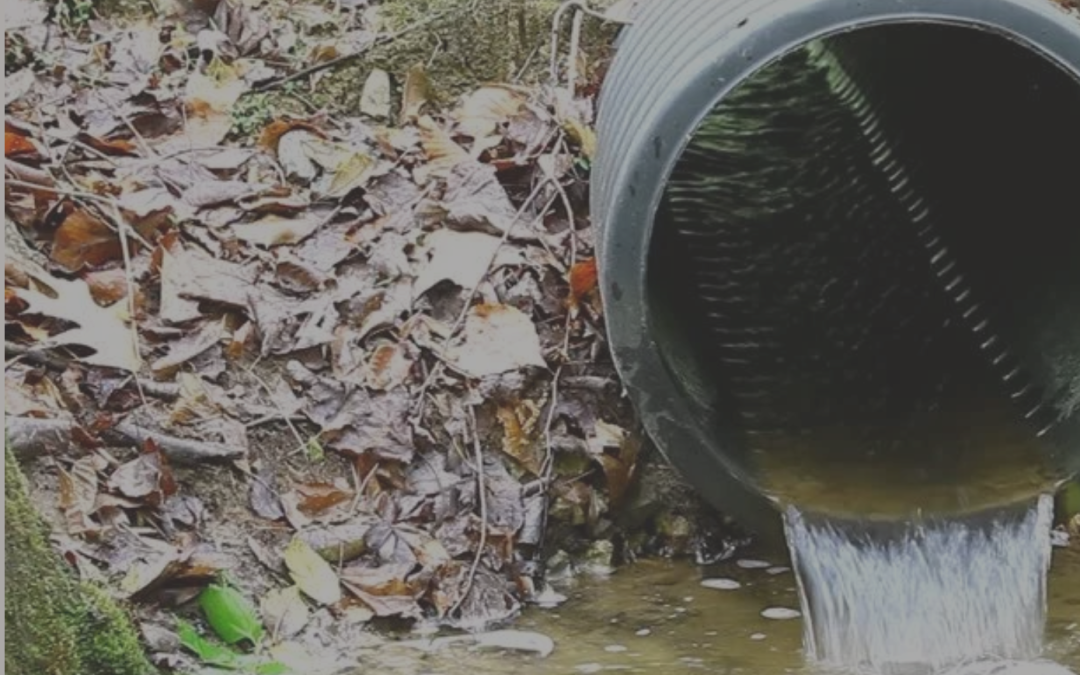A clean sewer system is something most of us take for granted until problems begin to appear. When sewers are neglected, the effects go far beyond bad smells or slow drains. Unresolved sewer issues can become a serious health hazard that puts everyone in the community at risk. From spreading diseases to attracting pests, the dangers are both immediate and long-term. Below are some of the most common health risks linked to ignoring sewer problems.
Spread of Waterborne Diseases
-
When sewage leaks or overflows, it often finds its way into local water sources. Once drinking water is contaminated, the risk of disease increases dramatically. Illnesses like cholera, typhoid, and dysentery are common results of unsafe water. These diseases can spread quickly from one household to another, affecting large groups of people at once.
Common waterborne diseases linked to sewer problems include:
-
Cholera – causes severe dehydration from diarrhea.
-
Typhoid fever – spreads through contaminated food and water.
-
Dysentery – results in painful stomach cramps and bloody diarrhea.
Taking sewer maintenance seriously is one of the most effective ways to stop these diseases before they spread.
-
Increased Risk of Respiratory Issues
Sewer systems often release gases such as hydrogen sulfide, methane, and ammonia. While these gases are a natural by-product of waste breakdown, they become dangerous when they escape into the air. Long-term exposure can cause headaches, nausea, and breathing problems. People with asthma or other lung conditions are especially vulnerable.
If left untreated, sewer gas leaks can also lower the quality of life in a community. The constant foul odor creates discomfort, stress, and even potential health emergencies for sensitive individuals.
Skin and Eye Infections
Direct contact with sewage water is highly dangerous, especially for children who may play outdoors near open drains. Wastewater often contains bacteria, parasites, and harmful chemicals. Prolonged exposure can lead to rashes, fungal infections, and eye irritation. In more serious cases, people may develop dermatitis or other chronic skin conditions.
Preventing these problems is simple such as keep drains covered, avoid exposure to dirty water, and ensure sewer systems are regularly maintained.
Pest Infestation
Sewage problems attract unwanted pests that bring their own health risks. Stagnant water and waste create the perfect environment for insects and rodents to breed.
Examples of pests linked to sewer issues:
-
Mosquitoes – carry dengue, malaria, and Zika virus.
-
Rats – spread leptospirosis, which passes through their urine in contaminated water.
-
Cockroaches – transport bacteria from sewers into kitchens and homes.
Once pests start breeding in sewer-affected areas, they are difficult to control. This increases the risk of outbreaks in homes and public spaces.
Food and Water Contamination
Sewer leaks don’t just stay underground which they often spread into soil and water supplies. This contamination affects both food crops and drinking water, creating a hidden cycle of health problems. Even restaurants, food stalls, and households nearby may face risks if their water sources are compromised.
Health problems caused by contaminated food and water include:
-
Stomach infections and diarrhea.
-
Food poisoning from bacteria such as E. coli.
-
Long-term digestive issues and malnutrition.
Communities can avoid these risks by ensuring sewer lines are properly sealed and checked for leaks.
Conclusion

